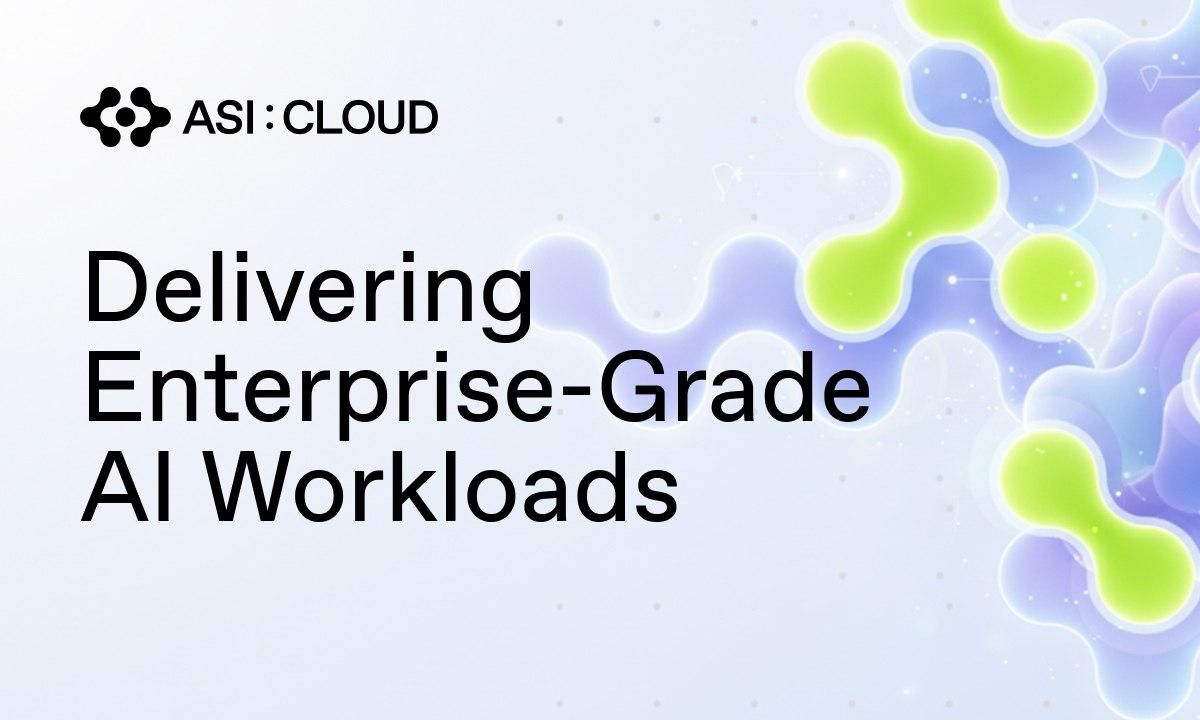Decentralized storage, also known as storage on the blockchain, is a revolutionary concept that emerged in the early 2010s, aiming to address the limitations and drawbacks of traditional cloud storage solutions. It leverages the power of decentralized networks, such as blockchain, to enhance the security, privacy, availability, and censorship resistance of file storage systems.
The traditional cloud storage approach involves uploading files to centralized servers managed by a single service provider, like Google Drive or Amazon Drive. However, this centralized model poses several risks and limitations. If the service provider experiences downtime or becomes a victim of a cyberattack, users may face reduced availability or even the loss of their stored data. Furthermore, these providers have the authority to restrict access to specific customers and censor data, as they are controlled by private entities.
Decentralized storage, on the other hand, takes a different approach. Instead of relying on a single entity or centralized servers, files are broken down into smaller encrypted fragments and distributed across a network of participants. This network can be a blockchain or any other decentralized infrastructure. Let’s dive deeper into the benefits and workings of decentralized storage:
What is Enhanced Security and Privacy?
Decentralized storage systems offer enhanced security and privacy by distributing redundant copies of file fragments across multiple network nodes. This distribution ensures that even if some nodes are compromised or offline, the files can still be retrieved from other nodes. This redundancy and encryption make it challenging for malicious actors to gain unauthorized access to the data.
Additionally, since the files are encrypted and distributed across multiple nodes, the risk of a single point of failure is significantly reduced. In traditional cloud storage, a single server failure or breach can result in data loss. In contrast, decentralized storage systems provide data availability and durability by design.
What is Increased Resistance to Censorship?
One of the significant advantages of decentralized storage is its resistance to censorship. In a centralized cloud storage model, service providers can control access to data, restrict certain users, or even censor content based on their policies or external pressures. This central authority makes it vulnerable to surveillance, data tampering, and censorship.
However, in decentralized storage networks, no single entity has control over the entire network. Files are distributed across multiple participants, making it impossible for any single entity to block or manipulate data. This feature provides individuals and organizations with the freedom to store and access information without the fear of censorship or control.
What is the improved uptime and availability?
Decentralized storage systems also offer improved uptime and availability compared to their centralized counterparts. In traditional cloud storage, files are typically stored on a limited number of servers, which may not always be accessible. If the servers go down or face technical issues, users may experience service interruptions or be unable to access their files.
In decentralized storage networks, files are replicated and stored on multiple nodes distributed across the network. These nodes can be operated by individuals, organizations, or even devices connected to the network. As a result, even if some nodes are offline, there are still numerous other nodes available to retrieve the files. This distributed nature ensures that files remain accessible and downloadable from a variety of sources, providing high uptime and availability.
What are examples of Decentralized Storage Projects?
Several projects have emerged in the decentralized storage space, leveraging blockchain technology and peer-to-peer networks. Here are a few notable examples:
- InterPlanetary File System (IPFS): IPFS is a protocol and peer-to-peer network designed to create a distributed file system that can be used as the backbone for decentralized storage solutions. It uses content addressing and cryptographic hashes to ensure data integrity and enables users to access files through their unique hashes, regardless of their location.
- Storj: Storj is a decentralized cloud storage platform that allows users to store and retrieve files through a network of nodes operated by participants worldwide. It uses end-to-end encryption and blockchain technology to provide secure, private, and affordable storage solutions.
- Sia: Sia is another decentralized storage platform that utilizes blockchain and smart contracts to create a decentralized marketplace for storage providers and users. It enables users to rent storage space from hosts and ensures data redundancy and privacy through encryption and distribution across the network.
These projects, among many others, demonstrate the immense potential of decentralized storage in transforming the way we store and access data. By utilizing the power of blockchain and distributed networks, decentralized storage offers increased security, privacy, availability, and resistance to censorship. As this technology continues to evolve, we can expect even more innovative solutions and widespread adoption in various industries.














